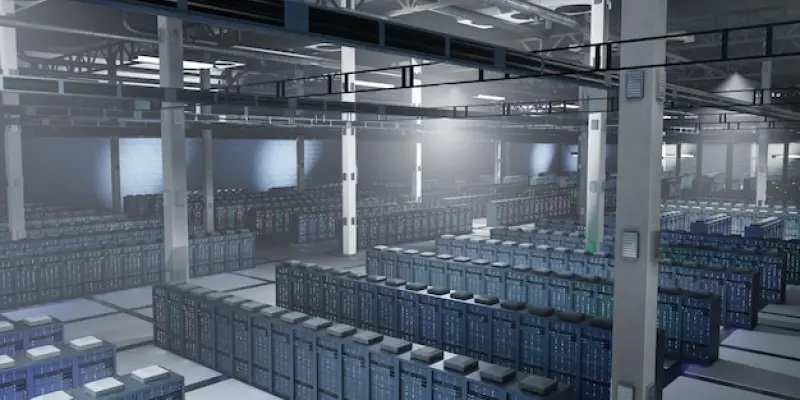The recent decision by Virginia Governor Glenn Youngkin to veto the bipartisan HB 1601 bill has sparked debate, primarily around the balance between economic development and safeguarding environmental and community interests. Introduced by Democrat Josh Thomas, the bill was crafted to implement greater oversight measures for planned data centers by mandating comprehensive impact assessments on water resources, farmland, and neighborhood integrity. Additionally, it required developers to conduct noise studies, particularly in regions close to residential and educational zones. However, Youngkin argued that the bill’s uniform approach disregarded local discretion, burdening communities with unnecessary bureaucracy that could stifle economic growth at a crucial time for Virginia’s flourishing data center industry.
Diverging Views on Economic Growth and Community Welfare
Governor Youngkin firmly positioned his veto as a defense of economic interests, citing the vital role the data center sector plays in Virginia’s economic landscape. With a strong concentration of over 150 data centers in Northern Virginia alone and expectations for continued expansion, he cautioned against regulations that could deter growth and make the state less competitive. Youngkin emphasized the need to maintain local governments’ autonomy to decide what is best for their communities without being hampered by blanket regulations. Yet, this stance has drawn sharp criticism from Democrats, including those who view Youngkin’s move as prioritizing corporate benefits over the welfare of local residents. Detractors of the veto argue that without regulatory oversight, the unchecked proliferation of data centers may undermine environmental resources and quality of life, ultimately costing communities dearly.
The Future of Data Centers in Virginia
Virginia’s prominence in the data center sector is a testament to its significant economic contributions. As Dominion Energy leads initiatives to boost data center capacity, expectations for the region’s growth soar. However, this progress poses challenges in safeguarding the environment and acknowledging community concerns. Advocates of HB 1601 emphasize the need for sustainable development, advocating for a balance between economic objectives and the protection of both natural resources and community interests. This growing narrative highlights a broader societal debate: the push for economic expansion weighed against the need for responsible stewardship. The veto of HB 1601 epitomizes the complex struggle to harmonize economic growth with environmental and community safeguards in Virginia. With the data center industry playing a critical role in Virginia’s economy, discussions around regulatory oversight are set to continue. Stakeholders must find a way to reconcile these differing priorities, ensuring long-term gains for society as Virginia navigates its future amid changing technological landscapes.

